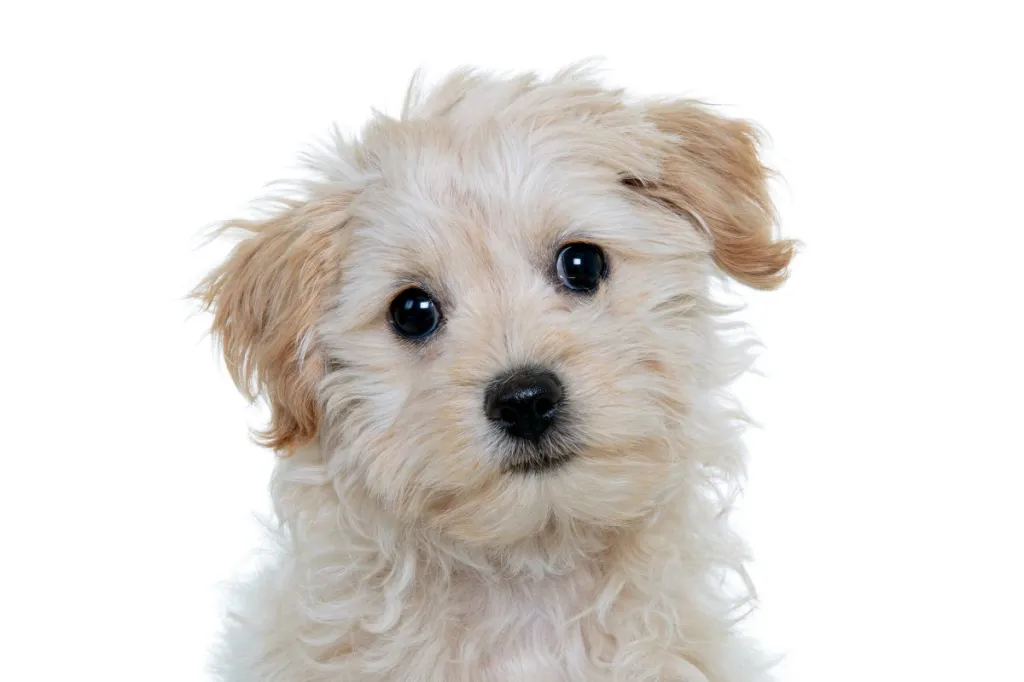Welcome to the wonderful world of the Chi-Poo, a charming hybrid that combines the spirited Chihuahua with the intelligent Poodle. Whether you’re considering adding a Chi-Poo to your family or simply curious about this delightful mix, you’re in for a treat. In this expert guide, we’ll explore everything you need to know about the Chi-Poo – from their origins and unique characteristics to their care, training, health considerations, and why they make wonderful companions.
Origin and History of the Chi-Poo
The Origins of the Chi-Poo
The Chi-Poo, also known as the Poochi, is a relatively recent hybrid breed that gained popularity as a companion dog. It inherits traits from both the Chihuahua and the Poodle, aiming to combine the Chihuahua’s lively personality with the Poodle’s intelligence and hypoallergenic coat. While specific origins can vary, the Chi-Poo is cherished for its affectionate nature and adaptability to various lifestyles.
Understanding the Traits of the Chi-Poo
Physical Characteristics
Chi-Poos come in a range of sizes, typically inheriting a small to toy-sized stature from their Chihuahua parent and a variety of coat types and colors from their Poodle parent. They may have a curly, wavy, or straight coat that requires regular grooming. Their appearance can vary widely depending on the traits inherited from each parent, but they generally have a lively expression and compact build.
Temperament and Personality
Known for their lively and affectionate demeanor, Chi-Poos are devoted to their families and thrive on companionship. They inherit the intelligence of the Poodle and the alertness of the Chihuahua, making them keenly aware of their surroundings. While they may be wary of strangers due to their protective instincts, they are typically friendly and loving towards their human pack. Early socialization and positive reinforcement training are essential to help them develop into well-rounded adults.
Caring for Your Chi-Poo
Nutrition and Diet
Maintaining a balanced diet is crucial for the health and well-being of your Chi-Poo. Choose high-quality dog food appropriate for their size, age, and activity level. Toy-sized Chi-Poos may have specific nutritional needs, so consult with your veterinarian for personalized feeding recommendations to ensure they receive the necessary vitamins and minerals.
Exercise Needs
Despite their small size, Chi-Poos are energetic and enjoy regular exercise to burn off excess energy. Daily walks, playtime, and interactive toys are beneficial for their physical and mental stimulation. They also thrive on mental exercises such as puzzle toys and obedience training, which helps keep their agile minds engaged.
Grooming Requirements
Chi-Poos require regular grooming to keep their coat healthy and free of tangles. Brush them several times a week, paying attention to areas prone to matting such as behind the ears and under the legs. Depending on their coat type, they may need occasional trimming or professional grooming to maintain their appearance. Additionally, trim their nails regularly and clean their ears to prevent infections.
Training and Socialization
Chi-Poos are intelligent and eager to please, making them relatively easy to train. Start obedience training and socialization early to establish good behaviors and prevent any potential behavior problems. Use positive reinforcement techniques such as treats, praise, and play to motivate them during training sessions and strengthen your bond. Consistent training helps channel their energy and intelligence into positive outlets.
Health Considerations and Lifespan
Common Health Issues
Chi-Poos are generally healthy dogs, but like all breeds, they may be prone to certain genetic health conditions. Common concerns include dental issues, patellar luxation (knee dislocation), and hypoglycemia. Regular veterinary check-ups and preventive care, including vaccinations and dental exams, are essential to monitor their health and detect any issues early.
Lifespan and Veterinary Care
Chi-Poos have a lifespan of around 10 to 15 years on average, depending on their overall health and genetics. Routine veterinary visits for health screenings and vaccinations help ensure they live a long and healthy life. Your veterinarian can provide guidance on specific health concerns and recommend appropriate preventive measures based on their individual needs.
Living with a Chi-Poo
Ideal Home Environment
Chi-Poos thrive in homes where they receive plenty of attention and companionship. They are indoor dogs who enjoy being close to their families and should not be left alone for long periods. While they do well in apartments due to their small size, they benefit from having access to a fenced yard where they can safely explore and play.
Compatibility with Other Pets
With proper socialization from a young age, Chi-Poos can get along well with other dogs and pets in the household. Supervised introductions and positive interactions help ensure they develop positive relationships with their furry siblings. Their playful nature makes them ideal companions for families with children, as they enjoy interactive play and affectionate moments.
Conclusion: Is the Chi-Poo Right for You?
With their lively personality, intelligence, and affectionate nature, the Chi-Poo is a wonderful choice for families seeking a small companion dog. Whether you’re attracted to their hypoallergenic coat, playful demeanor, or their reputation as adaptable pets, Chi-Poos offer companionship and joy to those willing to embrace their unique qualities.
- Best Clay Alternatives for 2025 - April 19, 2025
- Best Seamless.ai Alternatives for 2025 - April 19, 2025
- Best UpLead Alternatives for 2025 - April 18, 2025



